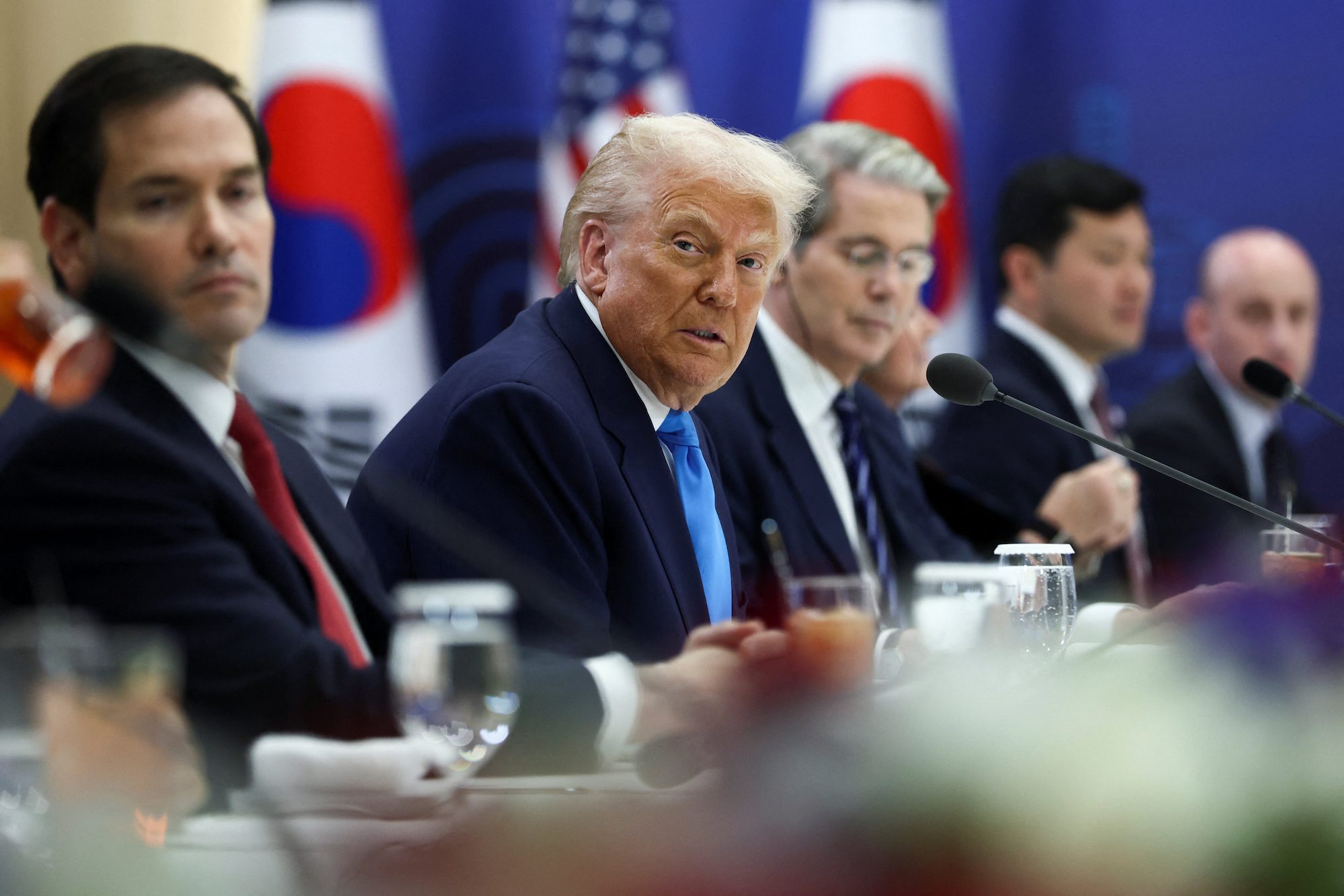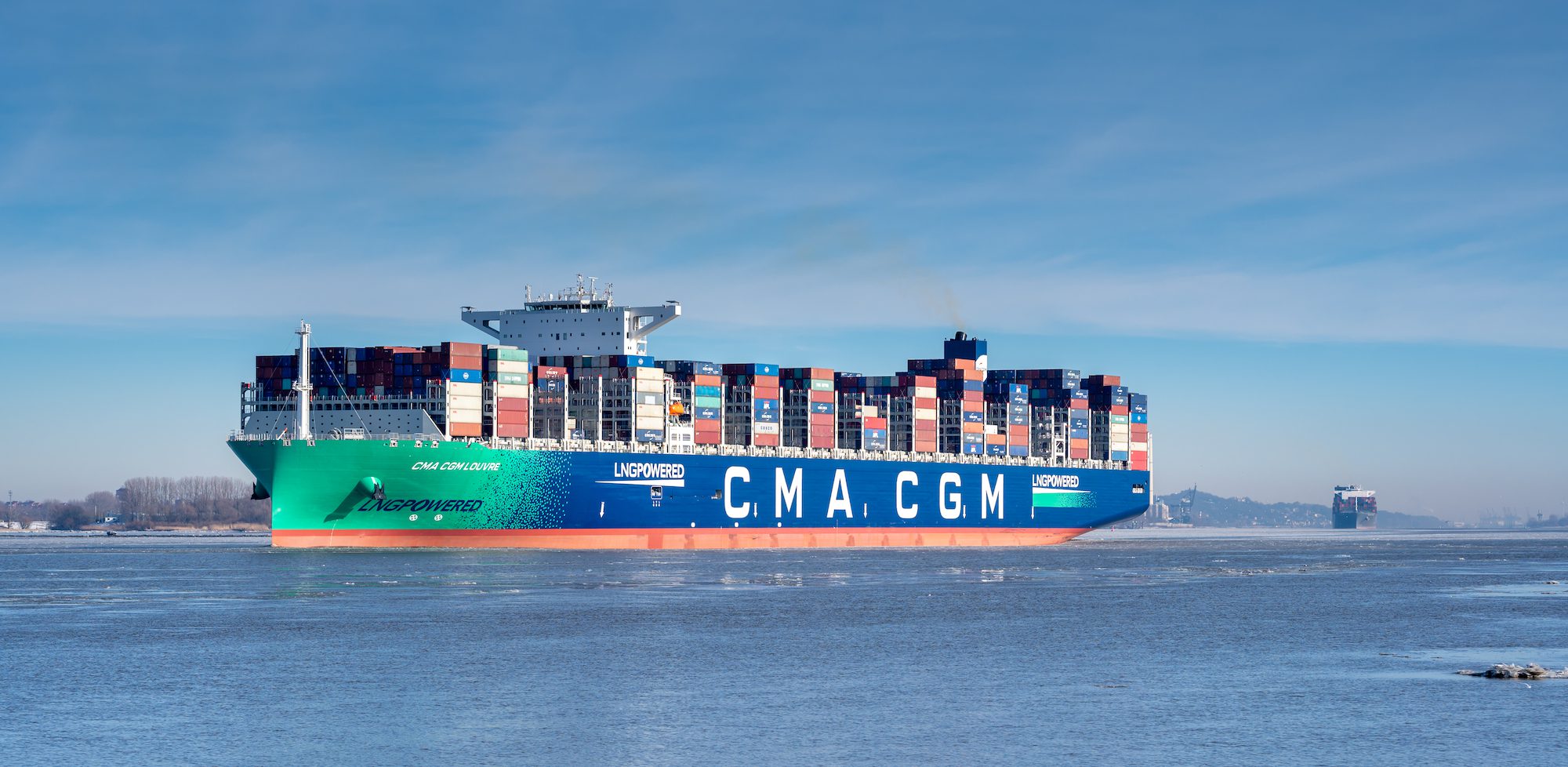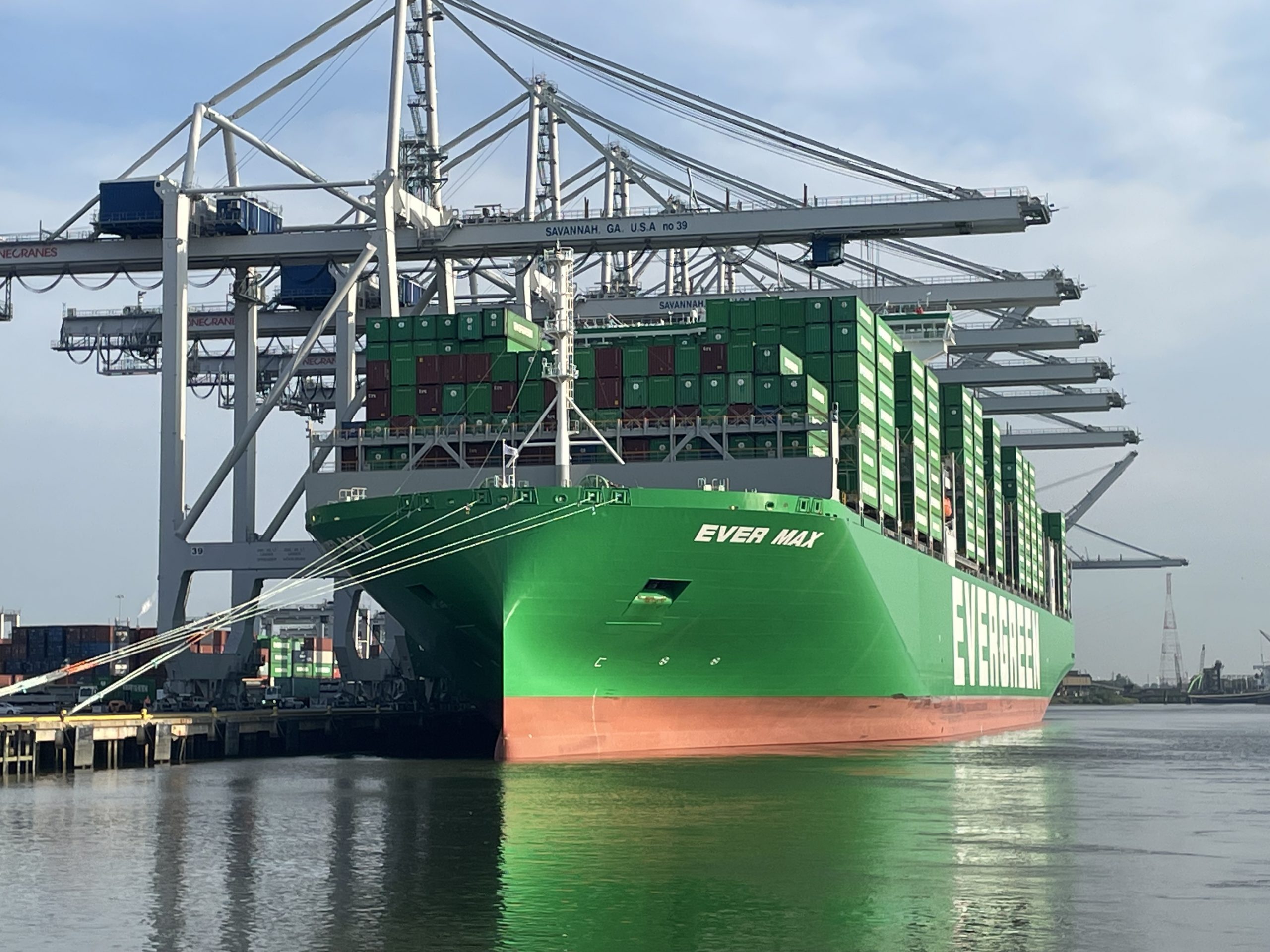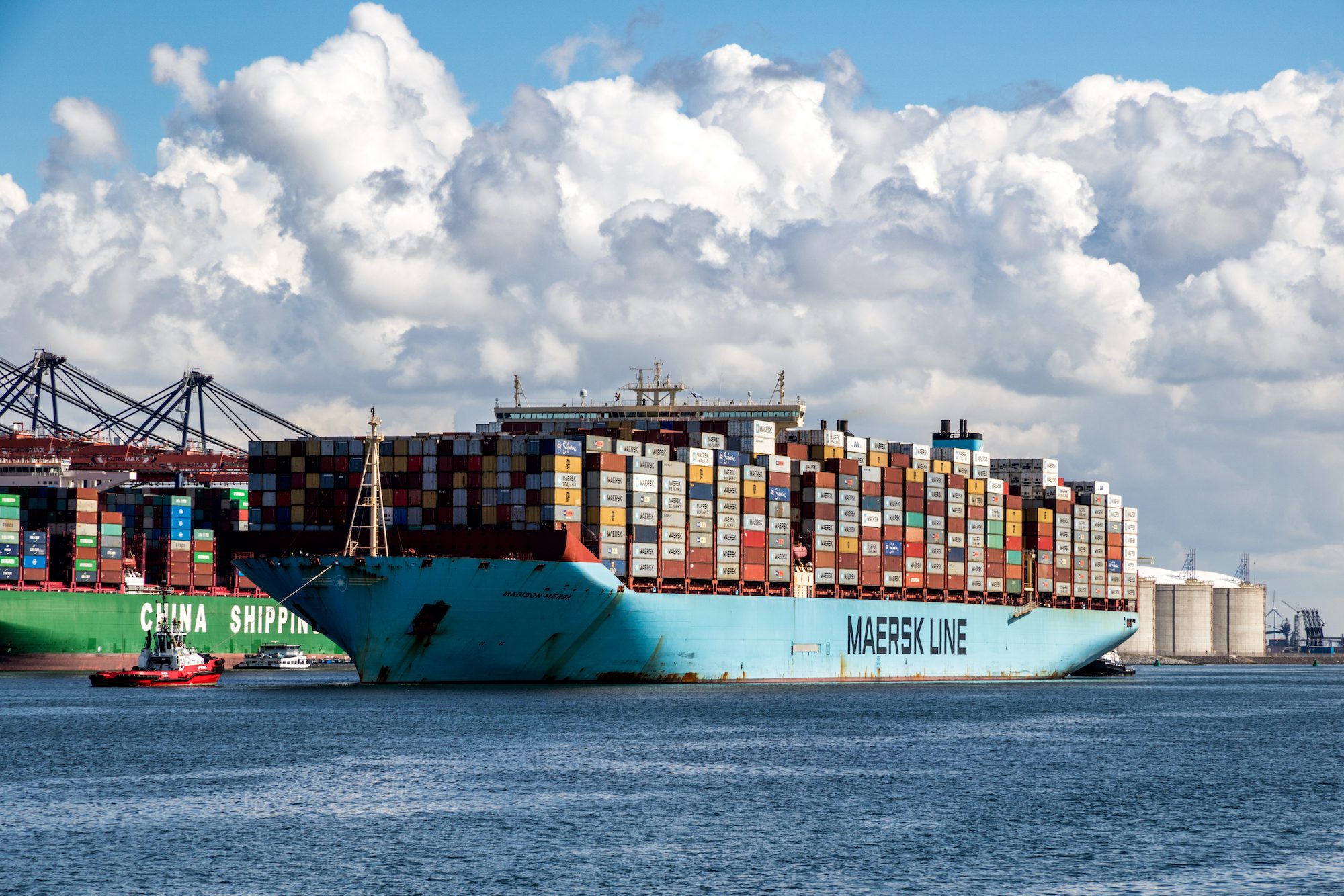President Trump announced on Wednesday that South Korea will construct a nuclear-powered submarine in Philadelphia as part of a $350 billion trade agreement between the two nations, despite no such facility currently capable of building submarines or nuclear vessels.
Philadelphia is home to Hanwha Philly Shipyard, a commercial shipbuilder, and Philadelphia Naval Shipyard, which has been defunct for decades.
Trump’s statement comes as amid a broader agreement announced by Trump and South Korean officials on Wednesday, which includes $350 billion in investments, with $150 billion earmarked specifically for rebuilding American shipbuilding capacity. The deal also sets tariffs on Korean auto and auto parts at 15 percent, down from 25 percent.
“South Korea has agreed to pay the USA 350 Billion Dollars for a lowering of the Tariff’s charged against them by the United States,” Trump posted to Truth Social. “Our Military Alliance is stronger than ever before and, based on that, I have given them approval to build a Nuclear Powered Submarine, rather than the old fashioned, and far less nimble, diesel powered Submarines that they have now.”
Trump later posted: “South Korea will be building its Nuclear Powered Submarine in the Philadelphia Shipyards, right here in the good ol’ U.S.A. Shipbuilding in our Country will soon be making a BIG COMEBACK.”
The announcement faces obvious significant technical obstacles. Hanwha Philly Shipyard is a commercial shipbuilder that has never constructed a submarine, let alone a nuclear submarine. The facility has delivered 30 commercial vessels since 2003, including container vessels, product tankers, and repair vessels.
“As President Trump and President Lee make shipbuilding a central plank in the U.S.-Korea alliance, Hanwha stands ready to support with our advanced shipbuilding scale,” said Alex Wong, Hanwha Chief Strategy Officer, in a statement to gCaptain. “Through Hanwha Philly Shipyard and other investments and partnerships, a revived American shipbuilding sector will benefit U.S. workers, foster prosperity for both the United States and Korea, and enhance our nations’ shared security.”
Philadelphia is also home to Rhoads Industries, a submarine component manufacturer for Electric Boat, a General Dynamics subsidiary. Earlier this year, Rhoads pledged $100 million to expand production at its facility at the Navy Yard in South Philadelphia.
Earlier on Wednesday, Trump praised the South Korean investment during his address to the Asia-Pacific Economic Cooperation CEO Summit, calling Philly Shipyard’s transformation a centerpiece of U.S.-Korea maritime cooperation. “And today we’re not really building ships and we’re going to start and we’re going to have a very thriving, very thriving shipbuilding industry and we’re working it with South Korea very much so,” Trump said.
Hanwha acquired Philly Shipyard for $100 million in December 2024 and has announced aggressive expansion plans. In August, the company unveiled a $5 billion investment to install additional docks and quays that could boost production from fewer than two vessels annually to as many as 20. The expansion includes plans for two additional docks, three quays, and a potential new block assembly facility.
In August, Hanwha Shipping placed an order for 10 medium range oil and chemical tankers from the Philadelphia facility, marking the largest U.S. commercial vessel order in over two decades, with the first tanker expected for delivery by early 2029. The shipyard has also been contracted to build two LNG carriers, however the majority of construction will take place in Korea with only handling of U.S. regulatory compliance and safety certifications taking place in Philadelphia.
The expansion faces complications from escalating U.S.-China trade tensions, with Beijing recently announcing sanctions against five U.S.-linked subsidiaries of Hanwha Ocean as the two countries began charging additional port fees on each other’s vessels.
The announcement comes as a Senate subcommittee held a hearing on Tuesday examining how to revive U.S. commercial shipbuilding.

 Join The Club
Join The Club











